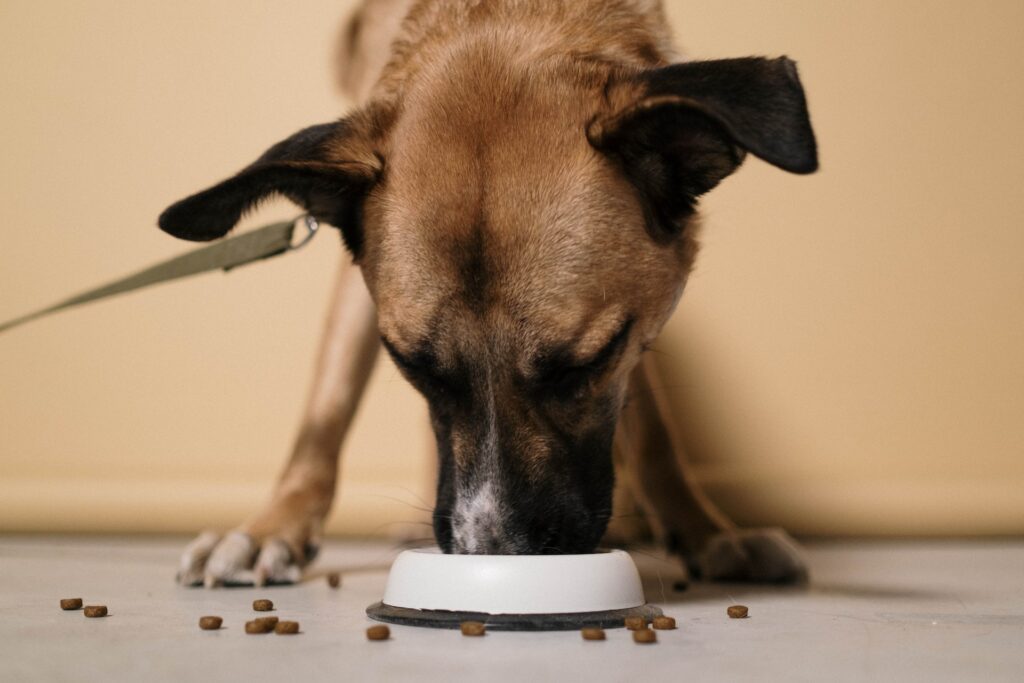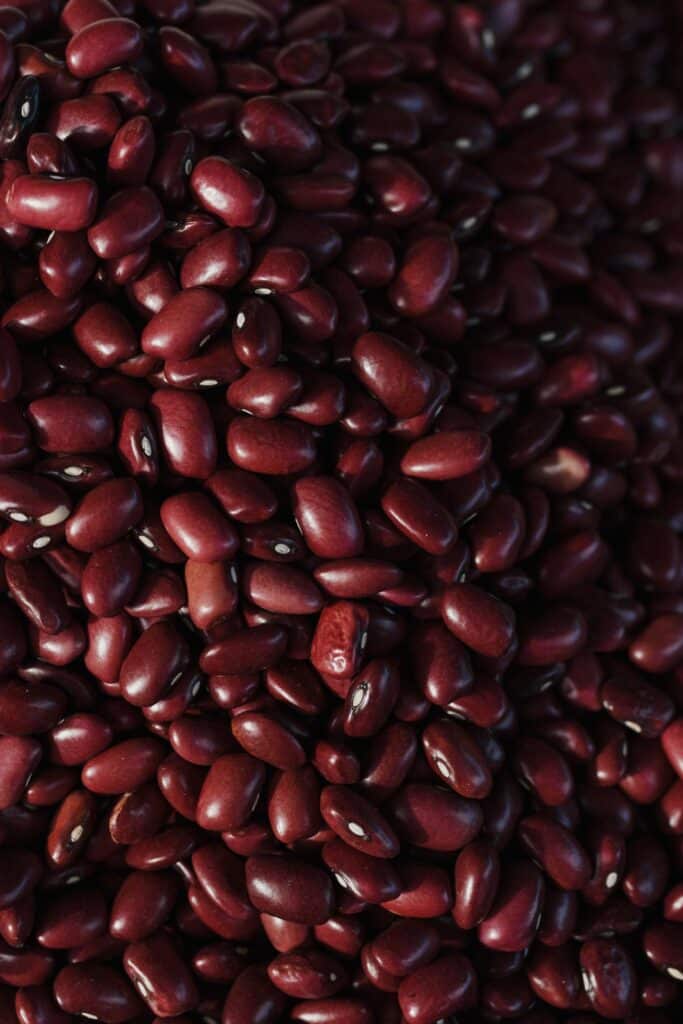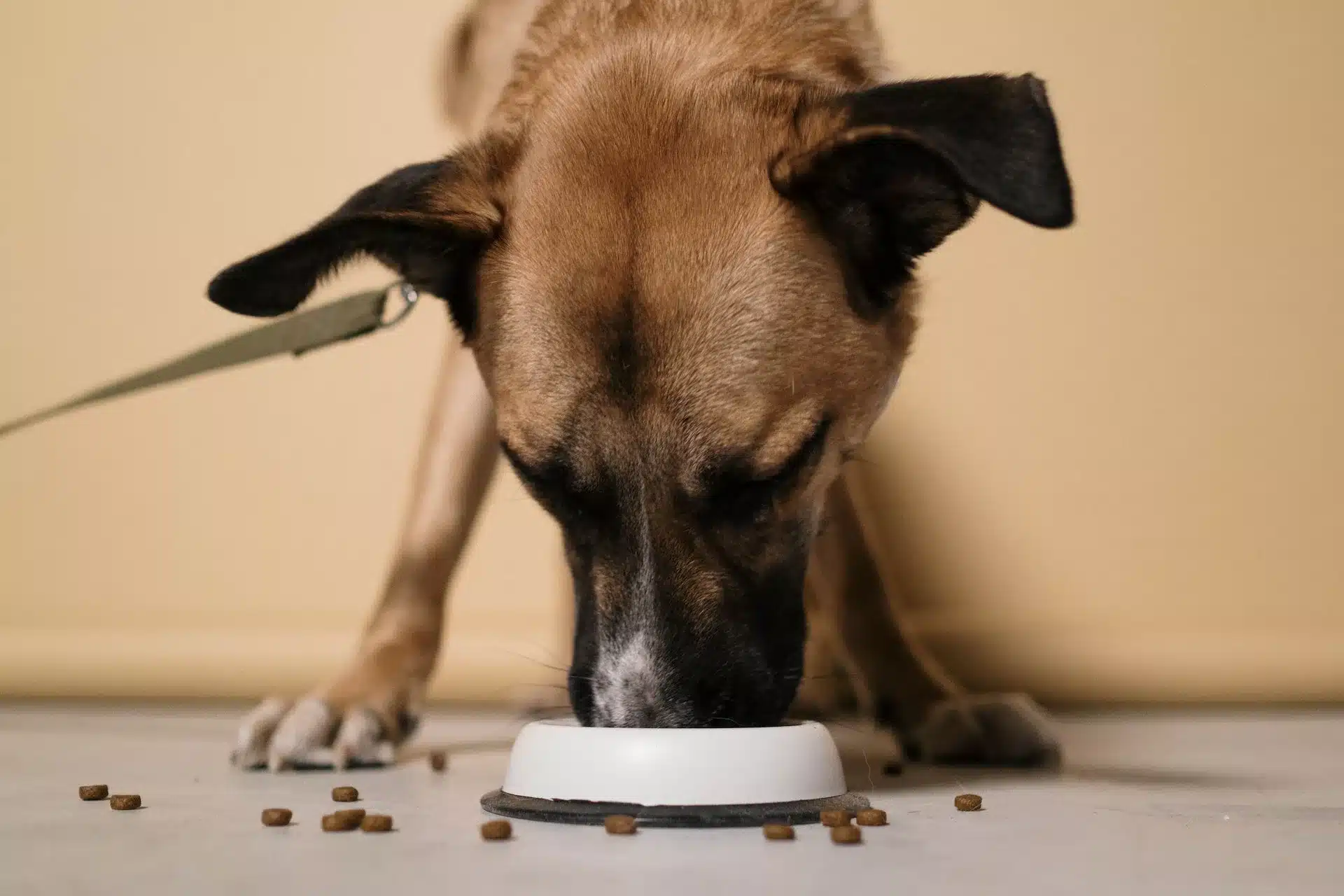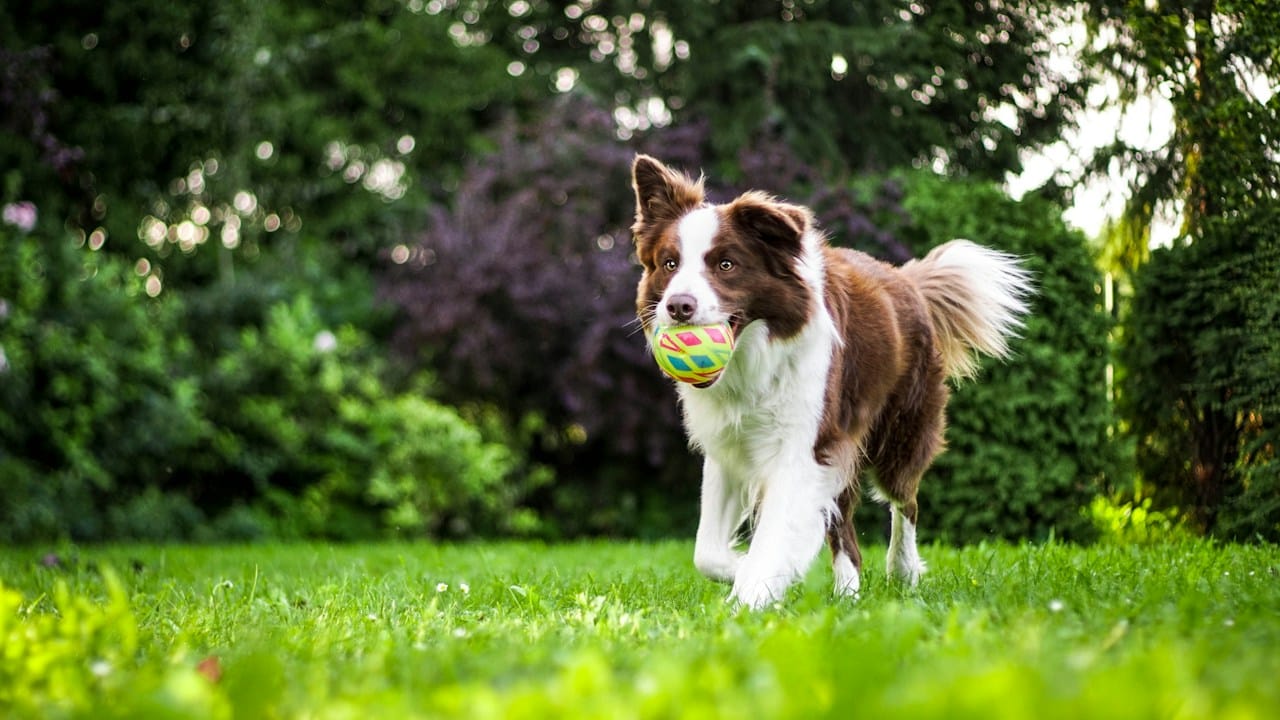You might be wondering if can dogs eat kidney beans. Perhaps you bought canned kidney beans and decided to give some to your dog while preparing them for dinner. The short answer is that dogs can eat kidney beans, but you should read on to find out when you can feed them to your dog and what precautions you should take.
Table of Contents

You may be interested to read:Can dogs have cinnamon rolls? Does cinnamon poison dogs? 10 healthy dogs were given cinnamon to eat for
Can Dogs Eat Kidney Beans?
Cooked kidney beans are okay for dogs to eat when done properly and in moderation. Beans are a rich source of plant protein and dietary fiber in addition to a balanced diet. But not every bean is secure. Beans contain some unintended dangers that can seriously sicken your dog. The nutritional advantages of these delectable treats from the legume family, as well as the risks and how to prevent them, will be discussed.
Can dogs eat kidney beans from a can?
Technically, yes, canned beans are “safe” for your dog to eat in small amounts. Because canned kidney beans are already cooked, there’s very little chance of your dog being affected by Lectin poisoning.
Is it possible to cook canned kidney beans?
Because canned kidney beans are already cooked, you only need to reheat them. They will, however, taste better if you incorporate them into flavorful simple kidney bean recipes. Cooking with canned beans is similar to cooking with dried beans; simply reduce the cooking time.
Can dogs eat pinto beans
In general, if fed in the recommended amount, pinto beans should be safe for dogs. Overeating on anything can be harmful; even your dog’s regular kibble can cause obesity, cardiovascular disease, or joint problems if given in excess. The following are some of the potential consequences of overfeeding your dog on pinto beans.
Pinto bean advantages for dogs
It makes no sense to introduce something new into your dog’s diet unless the new food is beneficial to your dog. Fortunately, pinto beans can provide numerous health benefits to your dog. We already mentioned that they are high in nutrients, but here are some specific advantages that your dog may gain from eating pinto beans.

Beans’ nutritional benefits
Beans are members of the legume family, which also includes peas and lentils. They contain two to four times the amount of plant-based protein as grains and are high in fiber and nutrients. Legumes are a low-cost source of protein, which is why they are used to boost protein levels in many commercial dog foods. However, your dog requires a protein from animal sources to stay healthy, so vegetarianism is not a daily diet option for our dogs.
When beans are properly fed, they provide numerous health benefits. They’re high in antioxidants, protein, vitamins, minerals, and fiber.
Antioxidants: The vitamins C and A found in beans have powerful antioxidant properties that can help your dog’s immune system. Antioxidants combat free radicals, which cause cell oxidation in response to stress and illness. They also help to slow or prevent some cancers and improve cognitive function in older dogs to help prevent dementia.
Vitamin K: Aids in blood clotting and metabolizes calcium in the blood of your dog, preventing calcium deposits that can clog arteries and the heart.
Minerals: Beans contain iron, phosphorus, magnesium, potassium, and manganese, all of which help with growth and metabolism.
Folate: Folic acid, also known as folate, is a B vitamin (B9) that helps with metabolism and red blood cell production.
Dietary fiber: Dietary fiber is required by dogs to keep their digestive system healthy and moving smoothly, resulting in healthy bowel movements. Fiber also helps to keep blood sugar levels stable and bad cholesterol levels low.
Too much fiber can cause stomach upset, diarrhea, constipation, bloating, and gas. Beans are fine as an occasional treat.
Low calories: Beans are low in calories, making them an excellent occasional snack for diabetic or weight-loss dogs…
What kinds of beans can your dog consume?
- Lima beans and butter beans
- Black beans
- Green beans or string beans
- Chickpeas or Garbanzo beans
- Lentils
- Red kidney beans
- White beans, navy beans
- Soybeans (including edamame-young soybeans harvested before they harden)
What kinds of beans should your dog avoid eating?
Raw beans: Lectin Phytohemagglutinin is found in raw beans (PHA). This protein binds to carbohydrates and causes red blood cells to clump together. To deactivate the lectins, soak dried beans and cook them over high heat. Simmering beans on low heat will not completely deactivate the lectins.
The following are the symptoms of Lectin toxicity:
- Abdominal pain
- Diarrhea
- Loss of appetite
- Lethargy
- Vomiting
Consult your veterinarian right away if you notice these symptoms or if your dog consumes raw red kidney beans or any other raw bean.
Canned kidney beans: The canning process can introduce preservatives and sodium that your dog should avoid.
Baked beans: The sugars, spices, and preservatives in baked beans can be harmful to a dog’s digestive system.
Broad beans or Fava beans: These beans are high in PHA. Avoid feeding these beans to your dog, whether raw or cooked.
Refried beans: These beans may contain preservatives, seasonings, salt, garlic, cumin, and chili powder, all of which can make your dog sick. Garlic is especially dangerous to dogs.
Adzuki beans have been linked to improved heart health and weight loss in humans. This bean, however, is toxic to your dog. They have the potential to cause vomiting and digestive upset.
Chili beans: The seasonings, onions, garlic, and tomato paste or sauce in chili beans cannot be processed by a dog’s digestive system, resulting in stomach upset or toxicity.
Coffee beans: Caffeine, which is found in coffee beans, is extremely toxic to dogs.
If you have a cat who is prone to snacksincidences,’ you should get a cat insurance plan as soon as possible. It can assist you in the future in affording the best care possible by covering eligible vet bills for digestive illnesses, toxic ingestion, and other conditions.
Can beans provide enough protein for dogs instead of meat?
No, it does not. Dogs require a species-specific diet that is high in protein from animal meat. Many people consider dogs to be omnivores, but they fall on the carnivore side of the spectrum (facultative carnivores) because they require meat but can also benefit from plant nutrients. They must consume animal protein-rich diets to live long, healthy lives.
In rare cases, a veterinarian will recommend a vegetarian diet for a dog. However, it is not recommended for most dogs. Before changing your dog’s diet, always consult with your veterinarian.
How to cook kidney beans for dogs
Soaking beans in water overnight is the best way to prepare them for your dog. Some lectins will be removed from the surface of the beans as a result of this. After soaking, thoroughly cook them with no seasonings or added ingredients to deactivate any remaining lectins.
Plain beans: A variety of beans are popular among dogs. Using them individually as treats will only benefit your dog’s health if you feed them sparingly. To avoid unnecessary weight gain or the risk of diabetes, follow the 90/10 rule of thumb for a dog’s daily caloric intake: Regular, balanced dog food should provide 90% of your dog’s daily caloric intake. The remaining 10% is set aside for nutritious snacks.
Can dogs eat kidney beans and rice?
Yes, dogs can eat rice and beans. If you feed him cooked rice, he will get diarrhea. It is preferable to feed him raw rice. This is a popular human food recipe, and our dogs enjoy beans and rice as well. If you intend to share this recipe with your dog, make a plain version.
Turkey, rice, and beans: Cook the rice and beans without seasoning. For a dog food replacement meal, combine ground turkey or chicken with some healthy vegetables. We do not recommend this as a daily diet, but it works and dogs love it when you run out of dog food unexpectedly. It’s also a good midday snack for your dog if he needs a little extra energy.
Article sources: pumpkin.care, worlddogfinder, bronniebackes
Related Posts


